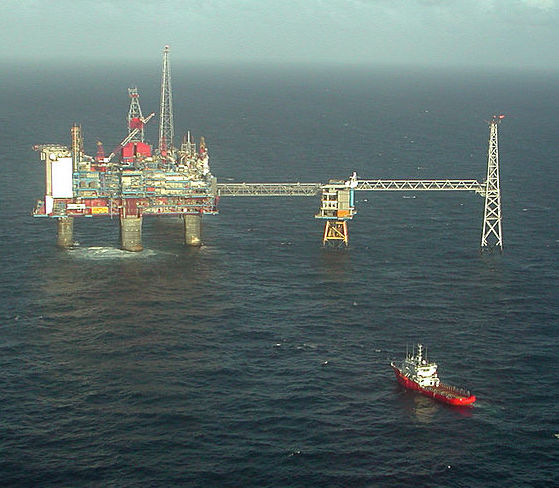Environmental organisations have slammed news that Britain’s oil licencing body is sifting through 115 applications to dig more hydrocarbons out of the North Sea bed.
The bids, for the first tranche of the UK’s 33rd Oil and Gas Licencing Round, are the highest received for six years.
The North Sea Transition Authority, previously known as the Oil & Gas Authority, is focusing on 27 licences in areas offering quicker pathways to production. Concerns over national energy security were behind the process, said the NSTA.
In addition to the 27 licences, six more blocks have been merged into five existing licences.
Independent scientists on the Climate Change Committee have previously spoken against premier Sunak’s railing back on Net Zero ambitions, describing watering down of policy as making the 2050 goal harder to achieve.
Caroline Rance, climate and energy campaigner for Friends of the Earth Scotland commented: “Handing out new oil licences is a despicable decision from the UK Government because ministers know that new fossil fuels will lead to even greater death and destruction from climate breakdown.”
Energy secretary Claire Coutinho MP said: “It’s common sense to reduce our reliance on foreign imports – it’s better for our economy, the environment and our energy security.
“These new licences are a welcome boost for UK oil and gas. It already supports around 200,000 jobs and contributes £16 billion to the economy each year – while advancing our transition to low-carbon technologies, on which our future prosperity depends”.
Theresa Khan, executive director at Uplift, observed: “New North Sea licences won’t make a scrap of difference to the lives of millions of people who can’t afford to heat their homes this winter, nor for our energy security more generally.”
Last month Greenpeace UK denounced the Sunak government’s licencing of the Rosebank field, off the Shetland islands as “handouts to corporations at the expense to the rest of us”
Currently 284 offshore fields are producing from British sections of the North Sea. An estimated 5.25 billion barrels of oil equivalent are projected still to be produced in 2050.
The NTSA says oil & gas contribute around three quarters of domestic energy needs. Whitehall forecasts show that, as we transition, they will continue to play a role in the UK’s energy mix for decades to come.
In March, the Guardian reported that the Conservatives received £3.5 million in donations from oil, gas and climate science denial interests in 2022 alone. The paper cited data compiled by the DeSmog website from sources including returns to the Electoral Commission.
Dubbed ‘a wonky energy trolley’ by observers, Sunak’s government has been confusing investors, consumers and regulators lately with its messages on energy sourcing and management. It scrapped an energy efficiency taskforce for homes only months after launch, and has suspended a requirement on landlords to improve insulation.




